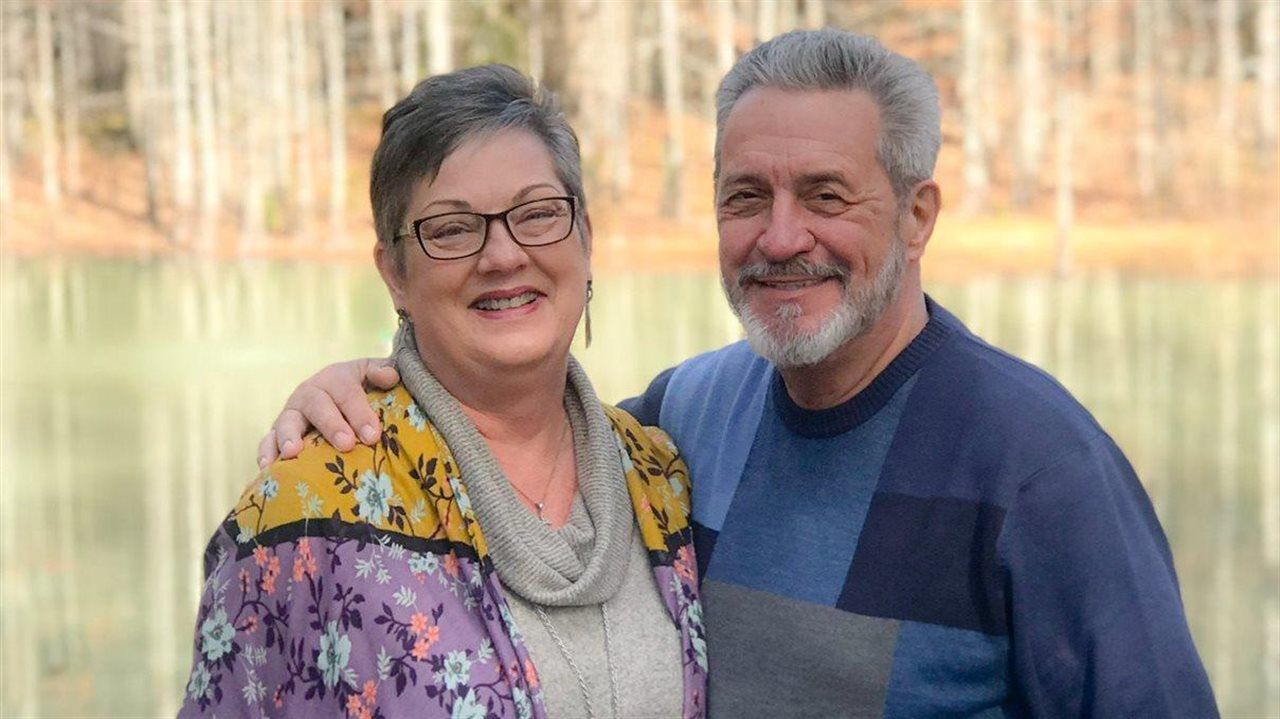(BPT) – Throughout his career, Rod Stephenson, 73, of Savannah, Georgia, wore many hats. He worked in television broadcasting, the retail pizza industry, in manufacturing and quality assurance — and most recently, he was ordained as a pastor. But after Stephenson decided to retire from his eventful and successful career, his wife Deb started to notice some changes.
For their family, the turning point was a simple one — a conversation about a family vacation they had taken the previous summer. Rod could not recall the trip.
“I felt like I had holes in my memory,” Rod said. “My wife, Deb, made a reference to a family vacation from the previous summer, but I could not recall the trip. I looked through photos and recognized people in the photos, but I had no recollection of being there.”
In addition to memory issues, Rod became less aware of his surroundings and often had the sensation of being lost. During his career, which took him to five states, Rod was always able to navigate his surroundings with ease, but that was starting to change.
“If I had been anywhere once, I could return without directions, maps or GPS,” he recalled. “But I was becoming more confused and found myself getting lost easily.”
Deb then took an often overlooked, but all too important first step. She immediately expressed her concerns about the changes she was seeing to Rod himself. A new Alzheimer’s Association/Ad Council omnibus survey finds that only 44% of Americans would talk to a loved one right away about seeing a doctor if they noticed signs of cognitive decline.
Together, Deb and Rod decided he should get a cognitive evaluation. Initially, doctors told Rod the changes were most likely age-related. Not satisfied with this answer, Rod eventually visited a local neurologist for more cognitive testing. He was diagnosed initially with early-stage Alzheimer’s, but the diagnosis was later changed to mild cognitive impairment (MCI), a common precursor to Alzheimer’s.
The Stephenson couple struggled with this diagnosis and realized they needed help. They connected with the Alzheimer’s Association 24-7 Helpline and his local Georgia Alzheimer’s Association, which provided disease information as well as care and support resources available through their state.
“Calling the Helpline was the best thing I could have done,” Rod said. “It not only provided us with important information, but it connected us with other individuals and families who share our journey and understand the range of emotions and challenges accompanying the disease. We have met some delightful people who have become friends.”
Today, Rod is focusing on taking the lessons he has learned since his diagnosis to offer help to individuals and families impacted by Alzheimer’s and other dementia. He feels grateful for the support of his wife Deb for starting the conversation with him that she was seeing changes. That conversation, together with her continued support, have made his early Alzheimer’s diagnosis easier to manage.
“Isolation is a huge problem in our community,” he says. “People experience stigma, so they are afraid to share what’s going on with them and to get the help they need. I am fortunate to have the blessing of support from my family, but others feel so alone.”
To learn more about how to facilitate these difficult conversations, visit the “Hopeful Together” campaign website (in English at alz.org/TimeToTalk or in Spanish at alz.org/Tiempo). The website offers tools and resources to help families recognize early warning signs of Alzheimer’s, tips for facilitating conversations about cognition, benefits of early detection and diagnosis, a discussion guide for use with doctors and health providers and other disease-related information.

